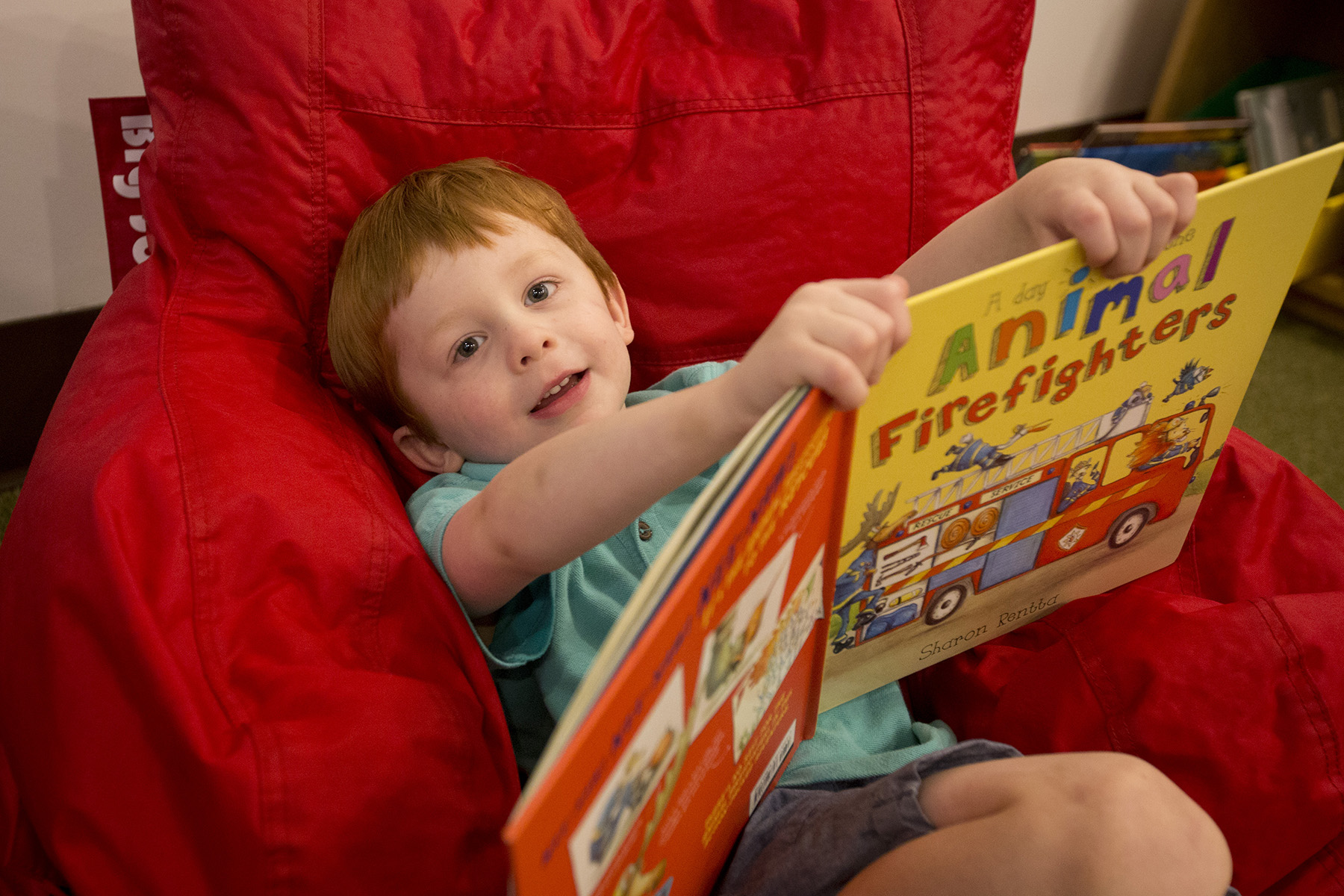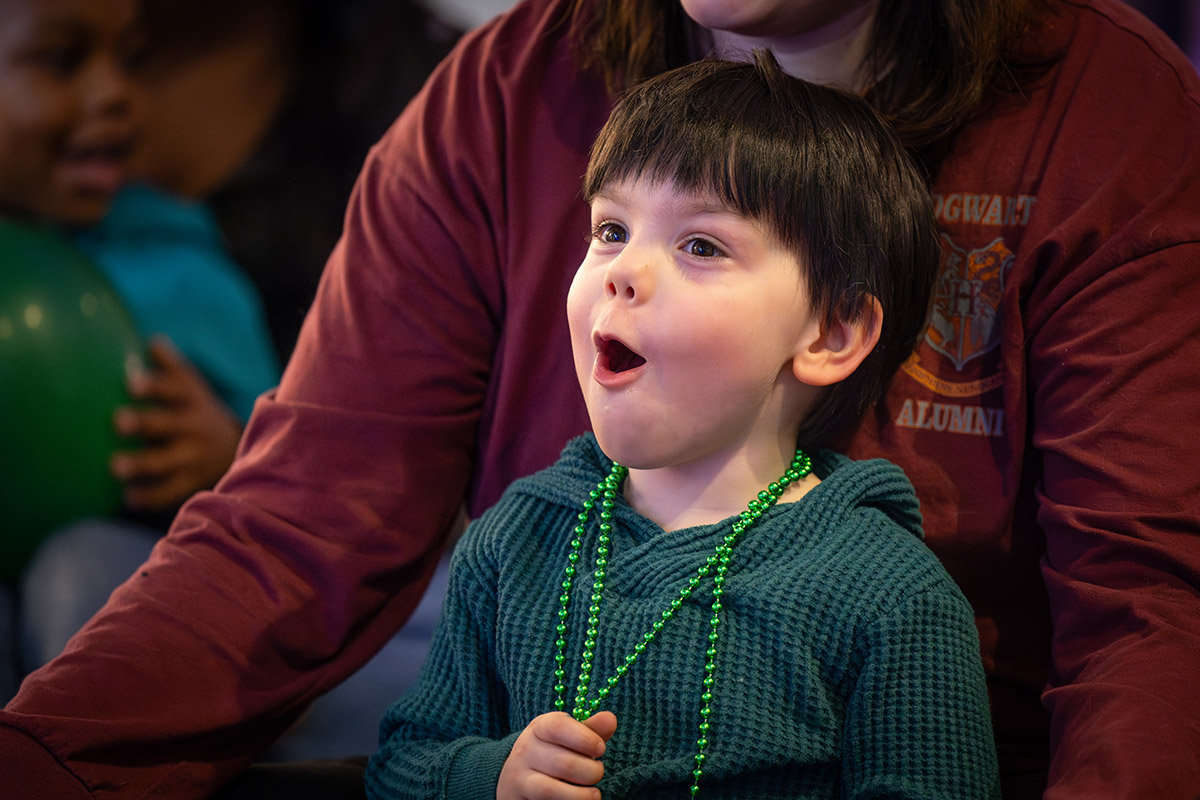The earlier parents start reading to their children, the earlier those children begin to read. And even more importantly, the children who have been read to frequently from a young age tend to have significantly greater reading and school success over time. Try using some of these tips researchers in early literacy would recommend for parents and teachers:
Read, read, read. To be clear, researchers suggest you read early and read often. As soon as your baby can sit up and focus on a page, it is time to start reading aloud to him/her. Read every day and include picture books with colorful art.
Point everything out. Even before babies can talk, there is value in focusing on and talking about interesting objects, events, or pictures in the book. Take a slight pause to further engage your child in exploring deeper into the storyline.
Question everything. Babies and toddlers can benefit greatly from being asked questions about a story. Once your child is talking, try to make sure you ask questions about the characters and events in the story that require more than a one-word answer or a point of the finger. Children who are asked questions of this kind show marked improvement in their cognitive performance over time and are more likely to begin reading at an earlier age.
Make up stories. If you don’t like to read, make up your own stories to go with the pictures in a book and have your child listen to books that have been recorded.
…conclusion
Read to your child every day. Talk about and ask questions about the stories you read. Whether your child is in infancy or is older and can read on his/her own, being read to by a parent is associated with all kinds of important benefits that promote academic success.





 Relevant Exhibits & Programs
Relevant Exhibits & Programs



 Groups Today:
Groups Today:
